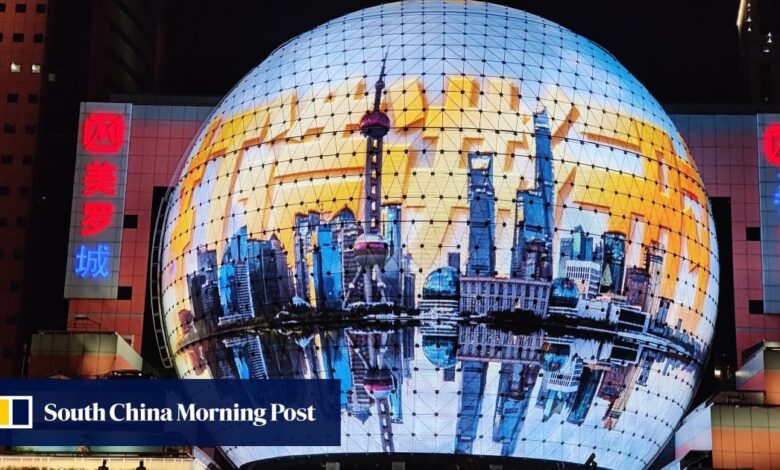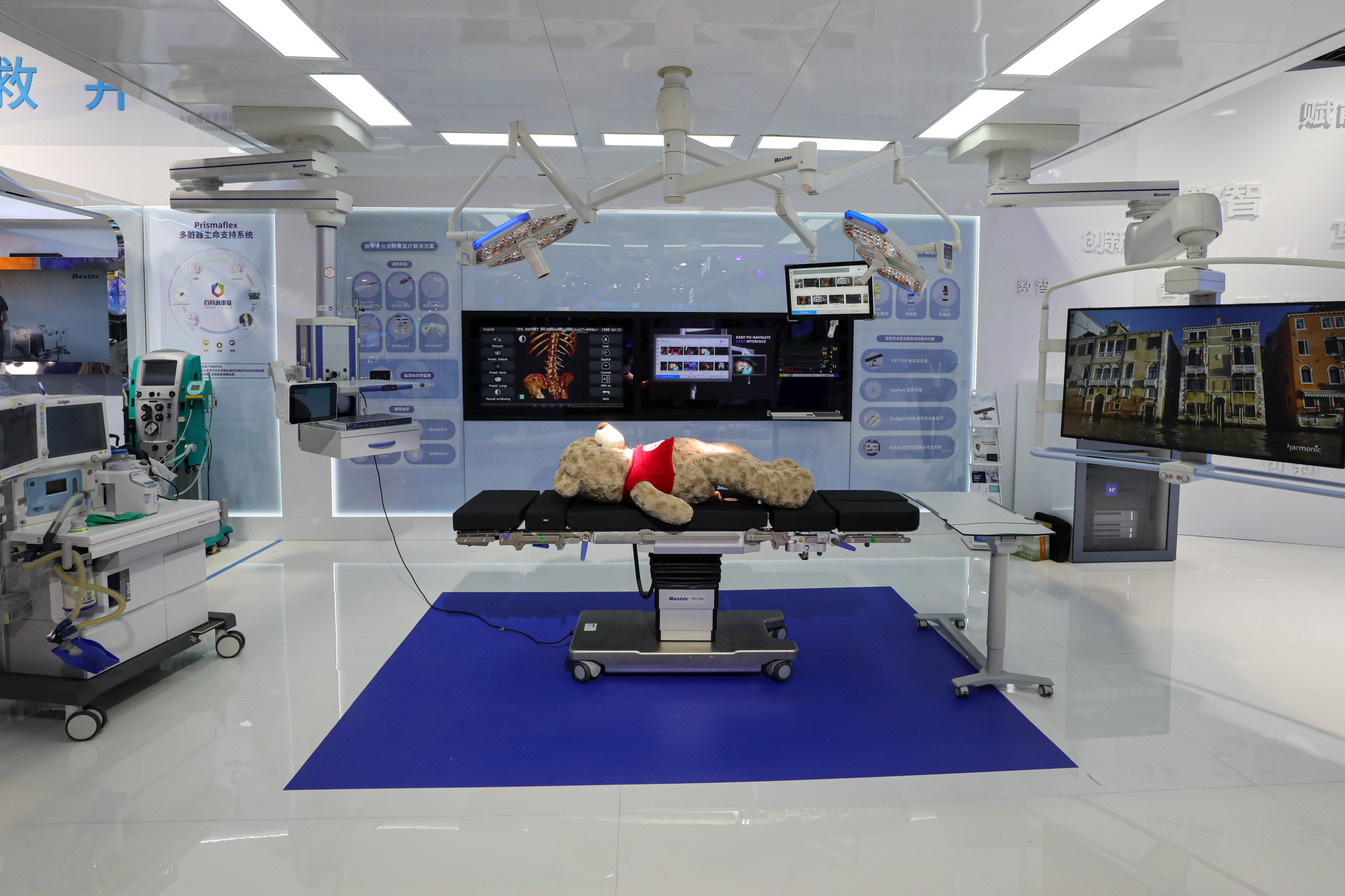CIIE 2023: Premier Li Qiang to reach out to global businesses as Beijing seeks to mend economic ties with the West

The premier, a key figure behind the annual trade show that began in 2018, is likely to extend an olive branch to global businesses and investors to bolster China’s cross-border trade and inflow of foreign direct investment (FDI), according to three people briefed on the matter.
Li’s presence at the CIIE, a six-day event which runs up to next Friday, comes as the US is sending its strongest-ever delegation, led by Jason Hafemeister, acting deputy undersecretary for trade and foreign agricultural affairs. The delegation will promote American-made goods at the expo, which is widely used by Beijing to highlight its consumer market and fight against decoupling efforts.
Li was Shanghai’s Communist Party secretary in 2018 and led preparations for the first edition of CIIE to show China’s willingness to liberalise its vast market.
The organisers said dozens of global heads of major international companies, including Rio Tinto’s Jakob Stausholm and Louis Dreyfus’ Michael Gelchie, have confirmed their attendance at the event, which has attracted 3,400 exhibitors and nearly 400,000 accredited visitors.
The number of participants and the exhibition area of 367,000 square metres both hit an all-time high.
Last year, Chinese companies agreed to buy goods and services worth US$73.5 billion from foreign exhibitors, an increase of 4 per cent from 2021.
Stringent pandemic curbs such as compulsory nucleic acid tests, caps on the number of visitors, as well as China’s travel ban in the past three years, prevented a large number of global business leaders and local buyers from attending the event.
“Global businesses are paying close attention to Beijing’s attitude towards further opening-up of the economy, rather than the deals signed at the CIIE,” said Chen Xiao, CEO of Shanghai Yacheng Culture, a marketing and branding company serving a number of international consumer products firms.
“Beijing would do better by using the show to convince foreign businesses and investors of China’s market potential and willingness to do businesses with them.”

But the survey showed potential newcomers feel indifferent towards the CIIE’s impact on market opening, while being affected by prohibitively high costs and logistical headaches – essentially pricing out small businesses from attending.
Carlo Diego D’Andrea, chairman of EUCham’s Shanghai chapter, said in a media briefing on Friday that small firms would play a vital role in driving up China-EU trade and that the two economies cannot flourish in the absence of small firms.
“The CIIE was originally intended as a showcase of China’s opening up and reform agenda, but it has proven to be largely smoke and mirrors so far,” said D’Andrea. “European businesses are becoming disillusioned as symbolic gestures take the place of tangible results needed to restore business confidence.”





